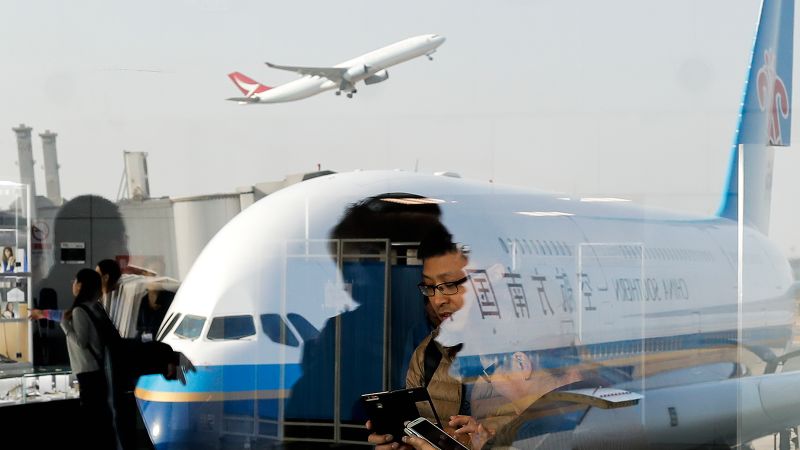China announced that it will be implementing export controls on certain aviation and aerospace components starting from July 1 to protect the country’s national security and interests. This includes items such as aerospace structural components, equipment and software used in engine manufacturing, gas turbine engines, moulds for manufacturing spacesuit parts, and advanced polymers used in bulletproof clothing. Exporters will need to apply for an export license from the Ministry of Commerce to determine if the item in question could have a “dual-use” military application.
The Export Control Law was introduced in late 2020, following escalating tensions brought on by Trump-era tariffs on Chinese goods. The law aims to consolidate various pieces of legislation into one single law and aligns with international practices of controlling the export of aerospace components to prevent their use by hostile states. The United States and European Union also have similar export control measures in place for similar concerns. The Chinese Commerce Ministry explained that the policy does not target any specific country or region, and exports will only be licensed if they comply with the relevant regulations.
China’s decision to implement export controls on certain aviation and space components comes as a measure to safeguard its national security and fulfill international obligations related to non-proliferation. The move reflects China’s awareness of international practices and the need to regulate the export of items that could potentially have a military application. The Commerce Ministry stated that the decision to control exports was made with the approval of the State Council and Central Military Commission, showcasing a coordinated effort to protect China’s interests.
The list of items subject to export controls includes various components and materials that are essential in the aerospace and defense industries. This includes aerospace structural components, gas turbine engines, moulds for producing spacesuit parts, and advanced polymers used in bulletproof clothing. By requiring exporters to apply for an export license, the Chinese government aims to ensure that these items are not used for military purposes that could pose a threat to national security or international stability. This step aligns with China’s efforts to regulate the export of goods that could have dual-use applications.
The new export control measures are part of a broader effort by China to strengthen its control over sensitive technologies and materials that could be used for military purposes. This move comes in response to the increasing importance of national security in the global context, with many countries taking steps to protect their technology and intellectual property from being misused by potential adversaries. By implementing these export controls, China aims to demonstrate its commitment to upholding international norms and regulations while also safeguarding its own strategic interests in the aerospace and defense sectors.
Overall, China’s decision to implement export controls on certain aviation and space components reflects a proactive approach to safeguarding its national security and interests in an increasingly complex global environment. By aligning with international practices and regulations, China aims to prevent the misuse of sensitive technologies and materials for military purposes while also fulfilling its obligations related to non-proliferation. The export control measures will require exporters to apply for licenses and demonstrate compliance with relevant regulations to ensure that these items are not used in a manner that could pose a threat to international stability.


